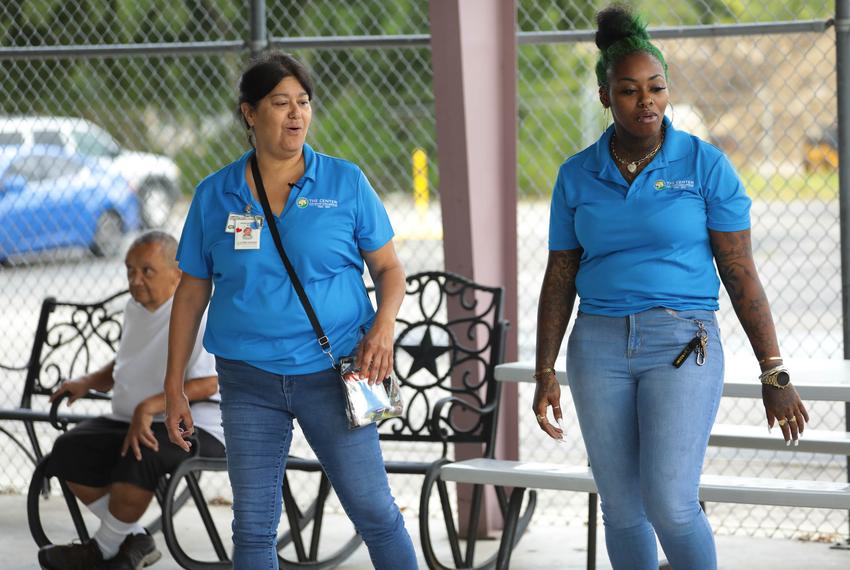Texas faces a severe shortage of caregivers for individuals with intellectual and developmental disabilities, exacerbated by low wages despite recent legislative increases, prompting concerns about the quality of care and support for vulnerable populations.
Texas Faces Caregiver Shortage Crisis Amid Low Wages
According to the article of San Antonio Report, in Texas, there’s a long waitlist of nearly 130,000 people with intellectual and developmental disabilities waiting for services like group homes and day programs. Many wait over ten years due to a shortage of caregivers, largely because the pay is low. While state lawmakers raised the minimum wage for these caregivers to $10.60 an hour recently, it’s still much lower than the $17.50 starting wage at state-run facilities. This pay difference is causing caregivers to leave for better-paying jobs, making the shortage worse and leaving vulnerable people without the help they need.
The Center for Health Care Services (CHCS) in Bexar County increased its initial pay to $16 per hour in efforts to retain and recruit employees, yet obstacles persist. Caregivers such as Kristina Malloy take on additional shifts to meet financial needs while remaining committed to assisting clients through activities like Meals on Wheels. Advocacy organizations and certain legislators advocate for a pay raise to $15 hourly, though its realization remains uncertain. Despite their dedication to supporting individuals with disabilities, caregivers continue to face financial instability.
READ ALSO: 300,000+ EVs Eligible For Tax Credits: US Government’s Push To Boost Electric Vehicle Adoption – Must Know!

130,000+ Texans with Intellectual and Developmental Disabilities Wait for Care Amid Severe Caregiver Shortage Crisis – Check It Out! (PHOTO: The Texas Tribune)
Challenges Persist in Texas’ Disability Care System Amid Caregiver Turnover
Furthermore, the situation in Texas’ care system for individuals with intellectual and developmental disabilities exposes problems including low wages, high caregiver turnover, and concerns about the quality of care. Experienced caregivers like Laura Lemkowitz appreciate job flexibility but feel undervalued and financially insecure, raising questions about the state’s commitment to supporting its vulnerable residents.
READ ALSO: Georgia’s Tax Collections Plummet 1.1% In May: 4.3% For The Year – Amid Economic Uncertainty!

















































